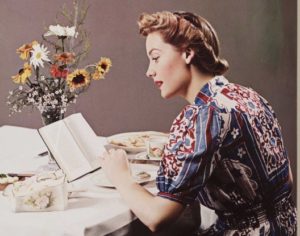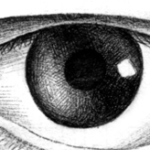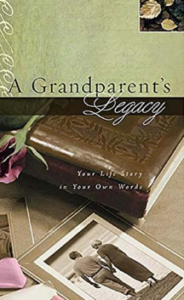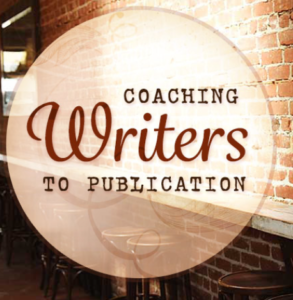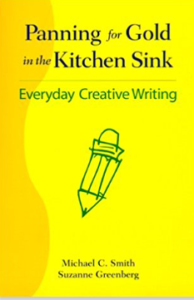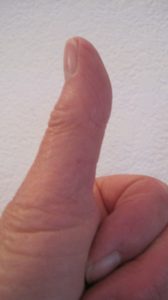 Figure drawing classes often start with timed gesture drawings of initial poses lasting as short as five seconds before the model moves. Gradually the time increases to 10, 15 and 30 seconds. By the time you get to a minute, it feels as if you have all day to capture the pose on your sketch pad. The idea is to keep you free, dexterous and more focused on process than product. Such short bursts also keep you from taking yourself too seriously—otherwise, you’d quickly become frustrated. —“Train Your Eye for Better Writing,” by Tess Callahan, Writer’s Digest September 2017
Figure drawing classes often start with timed gesture drawings of initial poses lasting as short as five seconds before the model moves. Gradually the time increases to 10, 15 and 30 seconds. By the time you get to a minute, it feels as if you have all day to capture the pose on your sketch pad. The idea is to keep you free, dexterous and more focused on process than product. Such short bursts also keep you from taking yourself too seriously—otherwise, you’d quickly become frustrated. —“Train Your Eye for Better Writing,” by Tess Callahan, Writer’s Digest September 2017
Tess suggests you can do the same with writing. “At odd moments throughout the day, in a diner or in transit, jot down gestures, expressions or snatches of overheard dialogue. . . . Whether or not these little moments make it into whatever story you are writing, they will deepen your awareness of human expressions, inflections and gaits.”
Most visual artists don’t start on a big canvas without doing countless thumbnail sketches that help sharpen their skills and drive their vision. Writers can benefit from the same.—Tess Callahan
